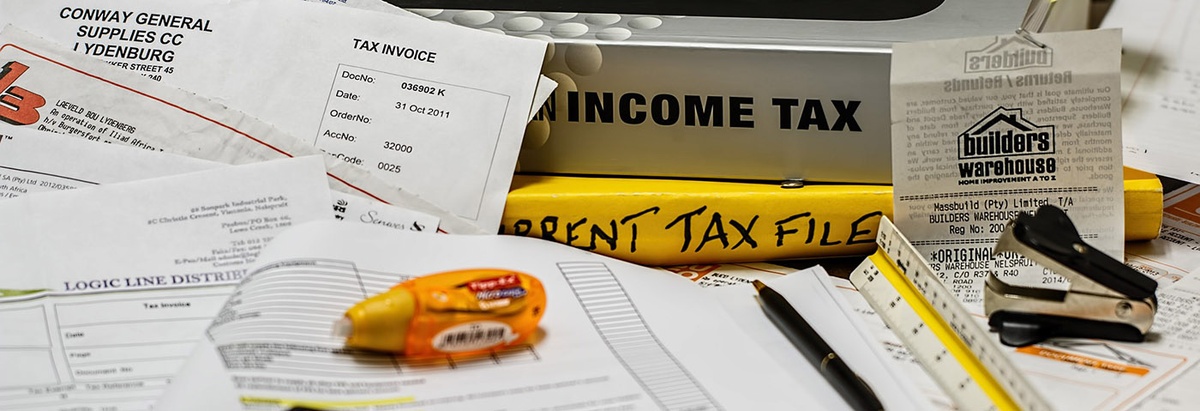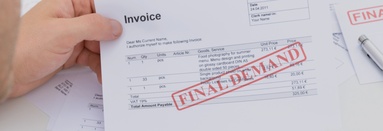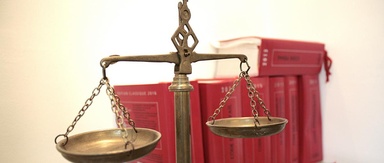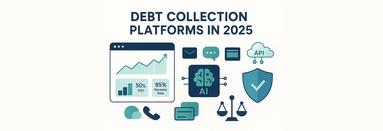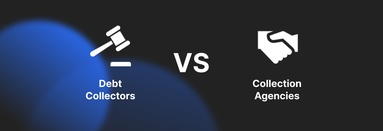You know that cash flow is crucial to the success of your company, but what happens if your customers don't pay their debts on time?
Unfortunately, this is a common occurrence for many businesses. In fact, according to a study by Experian, businesses in the United States are owed an average of $40,000 in outstanding debts at any given time. This adds up to a staggering $5 trillion in total business debts across the country.
In this article, we'll dive into the world of business debts and explore just how much money businesses are owed every year.
What Are Business Debts?
Before we dive into the numbers, let's first define what we mean by "business debts".
Business debts are any payments owed to a business that have not been paid. These can include unpaid invoices, late payments and loans.
Debts owed to a business are referred to as "accounts receivable" in the accounting world. This is because they are considered assets to the business, as they represent money that is expected to be received in the future.
Debts Owed by a Business are Called "Accounts Receivable"
Accounts receivable are an indicator of a company's financial well-being. They represent the money owed to a company and can be used to pay for expenses, invest in expanding the business, or simply maintain its current size.
However, accounts receivable can also cause serious problems for a business: unpaid debts not only affect cash flow but also lead to financial instability and even bankruptcy in extreme cases.

The Impact of Unpaid Debts on Small Businesses
SMBs are particularly vulnerable to unpaid debts. According to a survey by the National Federation of Independent Business, 64% of small businesses reported having unpaid debts in 2019.
The impact of unpaid debts on a small business is significant, as these companies often have limited resources and rely heavily on their cash flow to keep operations running smoothly. When debt goes unpaid, it can put strain on a company's financial stability which can also lead to a domino effect, causing businesses to struggle to pay their own bills and suppliers.
Why Do Businesses Have Unpaid Debts?
There are many reasons why businesses may have unpaid debts. Some of the most common reasons include:
- Late payments from customers.
- Disputes over services or products provided.
- Financial difficulties of clients or customers.
- Inaccurate or incomplete invoicing.
- A lack of a structured, consistent debt collection process.
How Can Businesses Collect Unpaid Debts?
So, what can businesses do to collect unpaid debts? Here are a few strategies that can help:
1. Have a Clear Debt Collection Process in Place
The first step to collecting unpaid debts is to have a clear and organized debt collection process in place. This should include steps for sending reminders, following up with clients or customers, and escalating the issue if necessary.
2. Communicate Effectively with Clients or Customers
Communication is key when it comes to collecting unpaid debts. Be sure to clearly communicate the terms of payment and any consequences for late payments. If a client or customer is having financial difficulties, try to work out a payment plan that works for both parties.
3. Use Technology to Automate the Process and Make it More Efficient.
Technology can be used to make the collection of delinquent accounts more efficient. Businesses can use software programs and tools to track and manage their accounts receivable, send automated reminders about unpaid bills, and even escalate debts to collections agencies if necessary.
Real-World Examples of Successful Debt Collection Strategies
Let's take a look at a few real-world examples of businesses that have successfully collected unpaid debts.
1. The Case of a Small Business and a Large Corporation
A small business owner was struggling to collect an unpaid debt of $10,000 from a large corporation. After multiple attempts to contact the corporation and resolve the issue, the business owner decided to take legal action.
With the help of a collections law firm, the business owner was able to successfully collect the unpaid debt, plus interest and legal fees.
2. The Case of a Freelancer and a Client
A freelance graphic designer was struggling to collect an unpaid invoice of $2,000 from a client. After multiple attempts to contact the client and resolve the issue, the freelancer decided to use a debt collection software program to send automated reminders and escalate the issue if necessary.
The client eventually paid the invoice in full, and the freelancer was able to collect the unpaid debt without having to take legal action.
Who Is Responsible for Collecting Unpaid Debts?
Businesses typically designate a specific person or team to handle debt collection. This can be a dedicated debt collector, a member of the accounting team, or a third-party collections attorney or agency.
Whoever is responsible for that should have a clear understanding of the process and be able to communicate effectively with customers to resolve any issues.

Takeaways
In the United States, nearly half of all businesses have outstanding debts. The average business has roughly $40,000 in unpaid accounts receivable potentially resulting in financial instability.
To collect unpaid debts, businesses should implement a clear debt collection process and use technology to streamline the process. Communication with clients or customers is also vital for success. By applying the right strategies and tools, businesses can collect unpaid debts more easily and keep their cash flow healthy.
